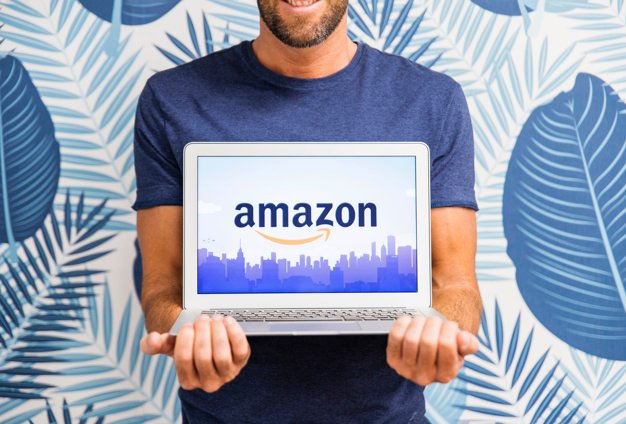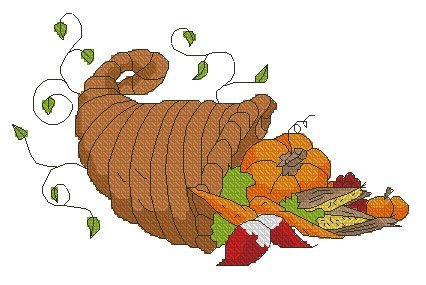There is a variety of answers below and overall it depends – there are several kinds of Amazon FBA business you can start.
If you’re talking about selling someone else’s branded product on Amazon, its probably quite unlikely at this to reach your goals as a newcomer in 2019. Importers are already buying ready-made products from Alibaba in huge volumes and using the bulk discount as their profit margin.
Because the starting quantities for getting these discounts are now massive, the most profitable Amazon sellers are no longer simply importing someone else’s goods from Alibaba and reselling them. They’re making their own branded items and setting their own price (as they’re the only seller of their item). This is called Private Label.
So, how does one start a new five or six-figure business in private label?
When selling on Amazon, pretty much everything is outsourced (including distribution, most of marketing and customer service), the biggest impact you can have on a new business is choosing a strong niche and creating a strong product in that niche.
Within Private Label, there is a pretty well known blueprint of a decent product (as outlined below):
No Cell phones, Clothing, Musical instruments, Watches or Books. These products have high returns, are difficult to manufacture or are protected items.
Average rating of 3.9 or less. When people aren’t satisfied, this is a gap that your product can fill.
Average listing price between $40 and $150. You want space for profit margin but high prices can cause supplier/return risk.
Average monthly revenue over $2000 per listing. Private Label is only worth doing if there’s a deep market there.
Sales concentration of 40% of less (Sales in Top 5 vs Top 20). You don’t want a niche that a few brands dominate.
No Amazon products. They have all the data and power they need to dominate a niche.
Average of 4 sellers or less per listing. Although buy box battles shouldn’t affect Private Label, this signals less competition.
Average of less than 100 reviews for top products. This will make it easier to get up the rankings.
FBA fees less than 20% of price on average. Shipping (and sometimes returning) bulky products can eat into your margins.
To search for opportunities using these criteria you need a niche research tool.
I typically break these tools into two categories. There are tools that pre-create and list potential niches for you (think Catsnatcher) which you then you search through depending on what your criteria are for those hard metrics. Then there are tools previously created for Wholesalers (think Jungle Scout) that give you a database of existing product listings that you can search and, once you find a listing with decent sales not doing so well, you can do further searches to see what other listings in that category are like. A bit more work but plenty of people are successful with this method also.
Once you’re confident that you’ve found a good opportunity, next comes the fun part – creating a killer product. I’m afraid this is where your creativity has to come in and you must wear the customer’s shoes but I’ll tell you that the negative reviews of other listings in the niche come in incredibly handy here. Consider what’s missing from other products your new list of private label features!



